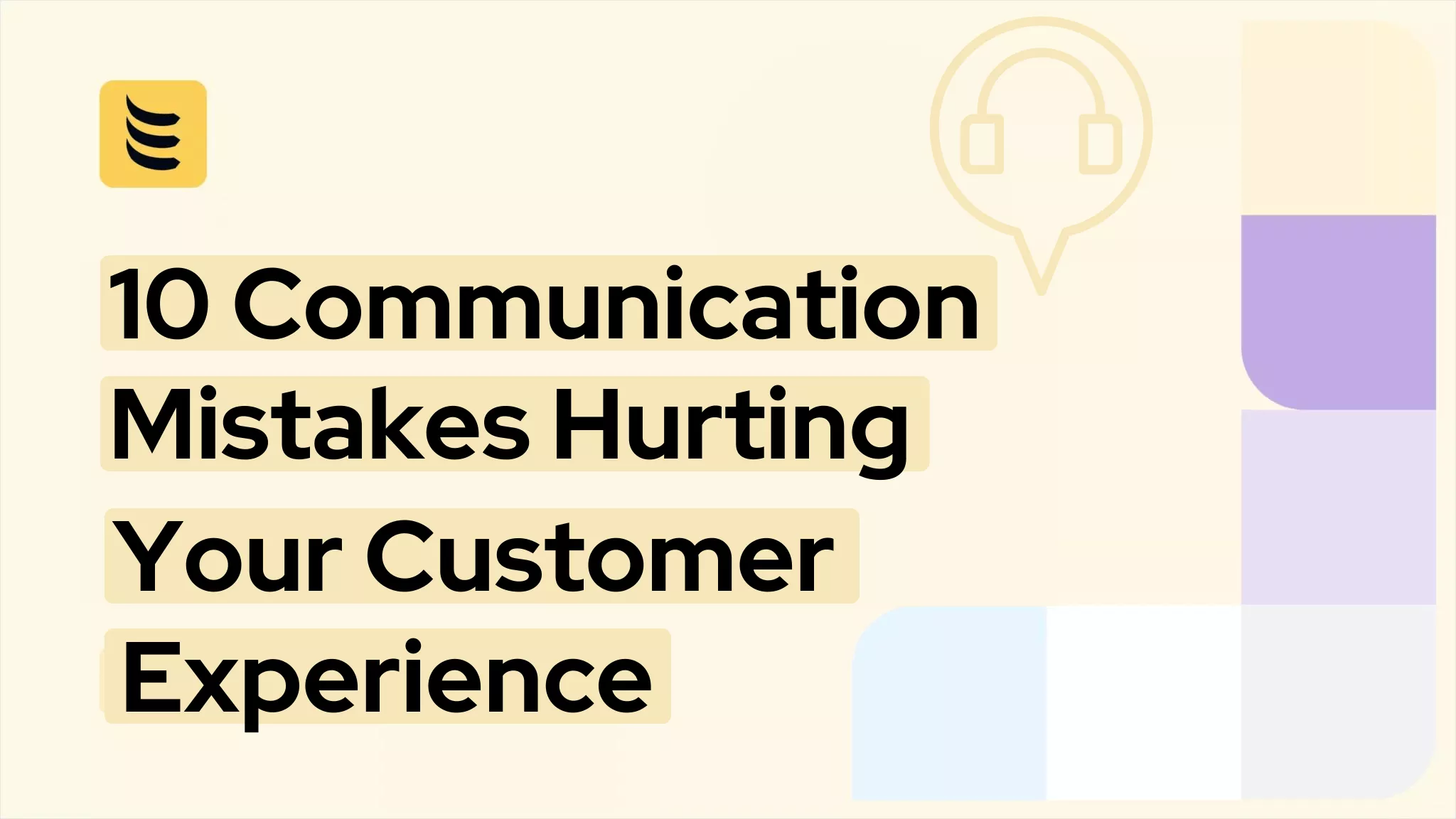In today’s interconnected world, SMS gateways have become a vital communication channel for enterprises. They enable businesses to reach their customers quickly and effectively through SMS (Short Message Service). However, the use of SMS gateways also comes with regulatory compliance challenges that must be navigated to ensure adherence to relevant laws and regulations. In this blog post, we will explore the compliance challenges associated with SMS gateways in enterprises and discuss strategies for ensuring regulatory compliance.
Data Privacy and Protection
SMS gateways handle personal data, including phone numbers and message content. Compliance with data protection and privacy regulations is essential to safeguard customer information. Some key considerations include:
a. General Data Protection Regulation (GDPR): If operating in the European Union (EU), organizations must comply with GDPR requirements when processing personal data of EU residents. Obtaining proper consent, protecting data during transmission and storage, and allowing individuals to exercise their rights are crucial aspects of compliance.
b. California Consumer Privacy Act (CCPA): Businesses operating in California must comply with CCPA requirements when handling personal data of California residents. Organizations should provide transparent information on data collection and usage, offer opt-out mechanisms, and protect data from unauthorized access.
c. Other Data Protection Laws: Depending on the jurisdiction, organizations may need to comply with additional data protection laws, such as the Personal Information Protection and Electronic Documents Act (PIPEDA) in Canada or the Brazilian General Data Protection Law (LGPD) in Brazil.

Telephone Consumer Protection Act (TCPA) Compliance
The TCPA sets regulations for SMS communications sent to consumers for marketing purposes. Compliance requirements include:
a. Consent: Organizations must obtain prior express written consent from recipients before sending SMS marketing messages. Consent must be clear, unambiguous, and specific to the SMS channel.
b. Opt-Out Mechanisms: SMS marketing messages should include clear instructions on how recipients can opt out of future communications. Organizations must promptly honor opt-out requests and maintain an internal do-not-call list.
c. Time Restrictions: The TCPA prohibits sending SMS marketing messages outside specified hours, typically between 9 PM and 8 AM, based on the recipient’s local time.
Messaging Content Compliance
Organizations must ensure that SMS messages comply with regulations governing messaging content. This includes:
a. Deceptive or Misleading Content: SMS messages must not contain false, deceptive, or misleading information. Organizations should adhere to truth-in-advertising standards and avoid practices that may mislead recipients.
b. Industry-Specific Regulations: Certain industries, such as healthcare, finance, or pharmaceuticals, have specific compliance requirements. For example, healthcare organizations must adhere to the Health Insurance Portability and Accountability Act (HIPAA), which governs the use and protection of sensitive patient health information.
Mobile Network Operator (MNO) Guidelines
MNOs may have their own guidelines or requirements for SMS communications. Organizations should be aware of and comply with these guidelines, which may include restrictions on message length, character encoding, or prohibited content.
Compliance Challenges in SMS Gateways
a. Data Privacy and Protection:
SMS gateways handle large volumes of personal data, including phone numbers and message content, necessitating compliance with data protection laws such as GDPR (General Data Protection Regulation) or CCPA (California Consumer Privacy Act).
Enterprises must obtain proper consent for sending SMS messages and ensure data security throughout the transmission and storage processes.
b. TCPA (Telephone Consumer Protection Act) Compliance:
The TCPA imposes restrictions on the use of automated dialing systems and pre-recorded messages, requiring businesses to obtain prior express consent before sending SMS marketing messages.
Compliance involves obtaining opt-in consent, providing clear opt-out mechanisms, and honoring do-not-call lists.
c. Messaging Content Compliance:
SMS gateways should adhere to regulations regarding messaging content, including restrictions on deceptive, fraudulent, or misleading content.
Certain industries, such as healthcare or finance, may have additional compliance requirements related to sensitive information or financial disclosures.

Impact of SMS Compliance
While specific statistics on the impact of SMS compliance may vary based on industry, region, and other factors, here are some general insights into the significance and potential consequences of non-compliance:
Legal and Financial Consequences
Fines and Penalties: Non-compliance with SMS regulations can result in significant financial penalties. Regulatory bodies have the authority to impose fines based on the severity and frequency of violations.
Lawsuits and Legal Actions: Non-compliance may lead to lawsuits from individuals or class-action lawsuits, exposing businesses to legal liabilities and potentially substantial financial settlements.
Business Disruptions: Non-compliance issues may trigger regulatory investigations or audits, leading to business disruptions, diversion of resources, and potential legal proceedings.
Reputational Damage:
Loss of Trust: Non-compliance can damage a company’s reputation and erode trust among customers, partners, and stakeholders. Negative publicity and social media backlash can have lasting effects on brand image and customer perception.
Customer Churn: Customers who feel their privacy or rights have been violated may choose to discontinue their relationship with the non-compliant organization, resulting in customer churn and potential revenue loss.
Brand Value: Rebuilding trust and repairing a damaged brand reputation can be a challenging and resource-intensive process, impacting a company’s overall brand value and market position.
Customer Experience and Relationships:
Unsolicited Communications: Non-compliant SMS practices, such as sending unsolicited messages or ignoring opt-out requests, can annoy and frustrate recipients. This can lead to a negative customer experience and strained relationships with customers.
Opt-In Rates: Non-compliance may discourage customers from providing their consent to receive SMS communications, reducing opt-in rates and limiting the reach and effectiveness of SMS marketing campaigns.
Customer Complaints: Non-compliance issues can trigger customer complaints and escalations, requiring time and resources to address and resolve.
Operational Efficiency and Resource Allocation:
Compliance Costs: Ensuring SMS compliance requires investment in compliance management systems, employee training, security measures, and ongoing monitoring. Non-compliance can result in higher costs associated with fines, legal actions, and remediation efforts.
Diversion of Resources: Addressing compliance issues may divert internal resources and attention away from core business operations, affecting overall efficiency and productivity.
Competitive Disadvantage:
Loss of Business Opportunities: Non-compliance can disqualify organizations from participating in certain business opportunities or partnerships that require adherence to specific regulations or compliance standards.
Competitive Edge: Compliance with SMS regulations can provide a competitive advantage by demonstrating a commitment to ethical and responsible business practices. Non-compliance may undermine a company’s credibility and position in the market.
It is important to note that the specific impact of SMS compliance will vary based on the nature of the violation, the jurisdiction involved, and the industry context. However, these insights highlight the potential consequences of non-compliance and emphasize the importance of ensuring regulatory compliance in
SMS communications.
Strategies for Regulatory Compliance with SMS
a. Consent Management: Implement robust consent management systems to obtain proper consent from recipients before sending SMS messages. Provide clear opt-in mechanisms, maintain records of consent, and honor opt-out requests promptly.
b. Security Measures: Implement encryption protocols and secure storage mechanisms to protect SMS data from unauthorized access. Regularly assess and update security measures to mitigate risks.
c. Compliance Monitoring: Regularly review SMS communications to ensure compliance with regulatory requirements. Conduct internal audits and assessments to identify and address any compliance gaps.
d. Vendor Due Diligence: If using third-party SMS gateway providers, conduct due diligence to ensure they comply with relevant regulations and industry best practices. Establish clear contractual agreements that outline their responsibilities for compliance.
e. Employee Training: Educate employees on SMS compliance requirements, including data protection, consent management, and messaging content guidelines. Regularly train and update employees to ensure they understand their responsibilities.
f. Documentation and Record-Keeping: Maintain comprehensive records of consent, opt-out requests, and other compliance-related activities. Documentation helps demonstrate compliance efforts during audits or regulatory inspections.
Navigating compliance challenges is crucial for enterprises utilizing SMS gateways. By understanding and adhering to regulatory requirements, businesses can protect customer data, maintain privacy, and avoid potential legal and financial consequences. By implementing robust compliance management systems, ensuring proper consent, securing data, and staying updated on relevant regulations, enterprises can successfully navigate compliance challenges and leverage the benefits of SMS gateways while safeguarding their operations and reputation.




